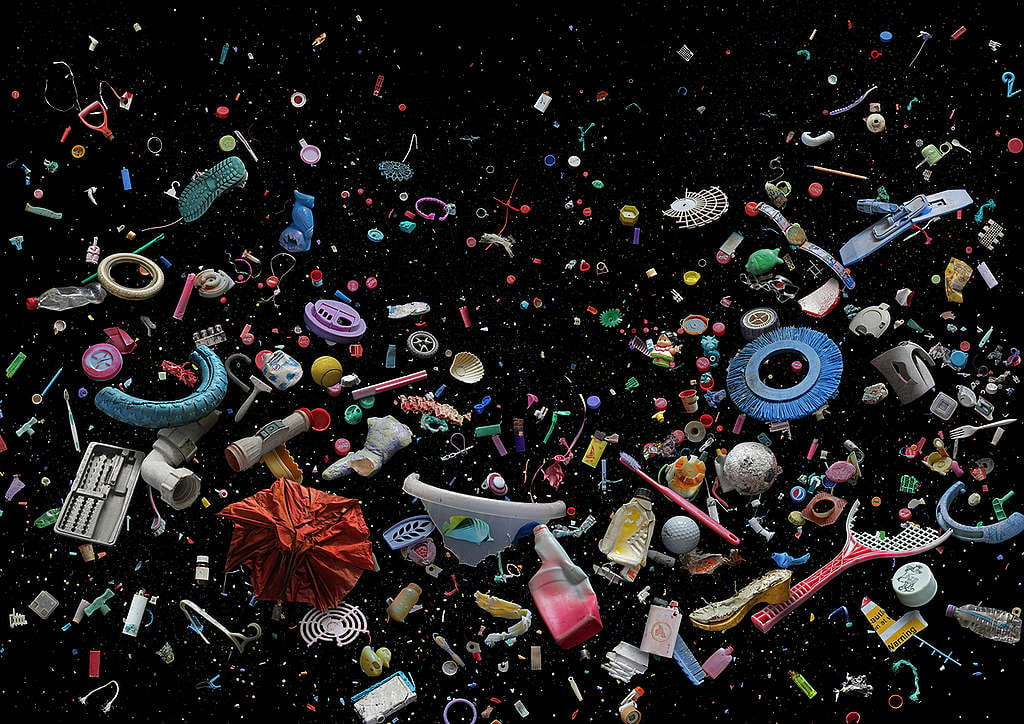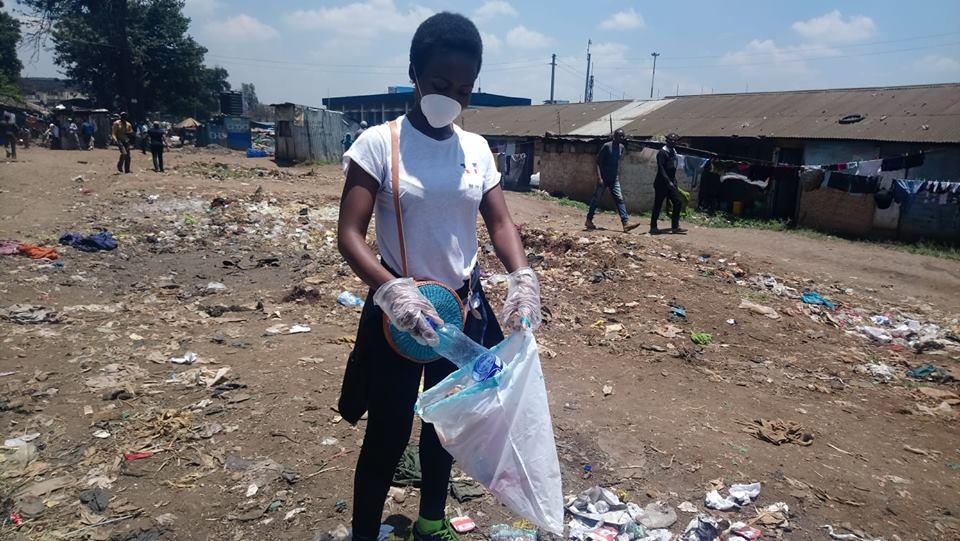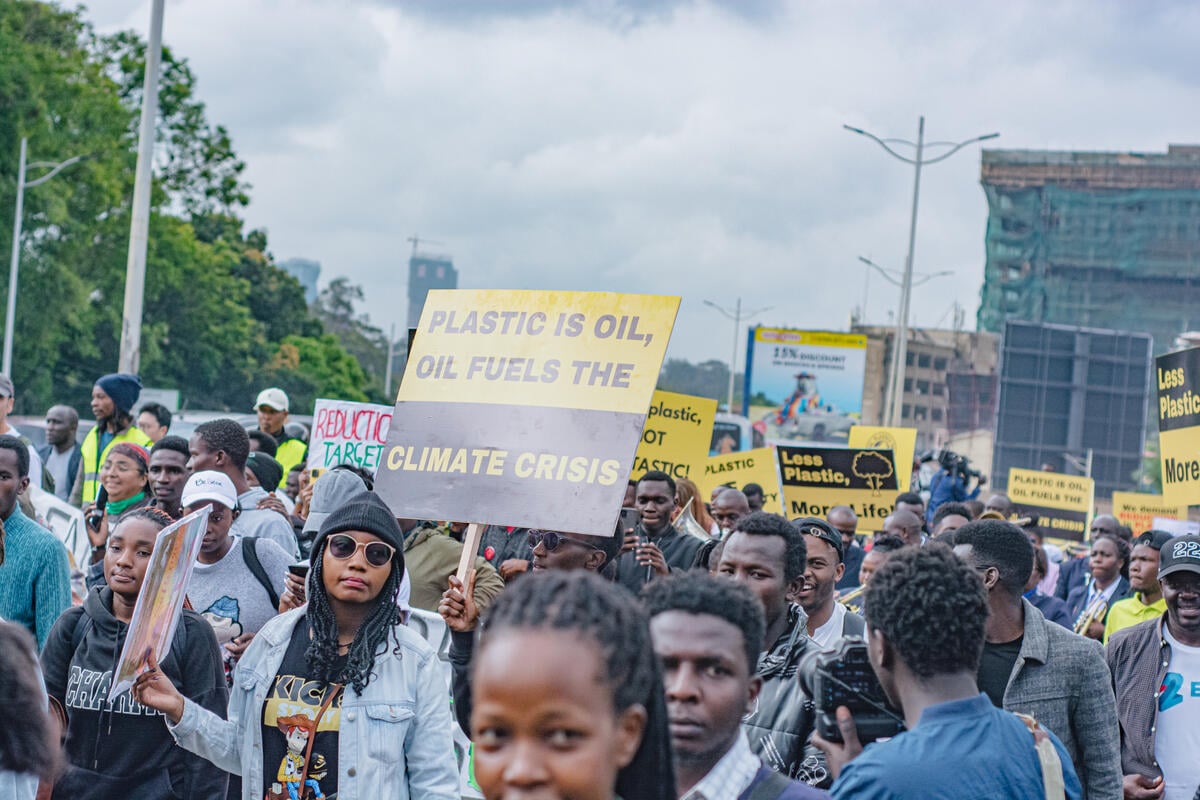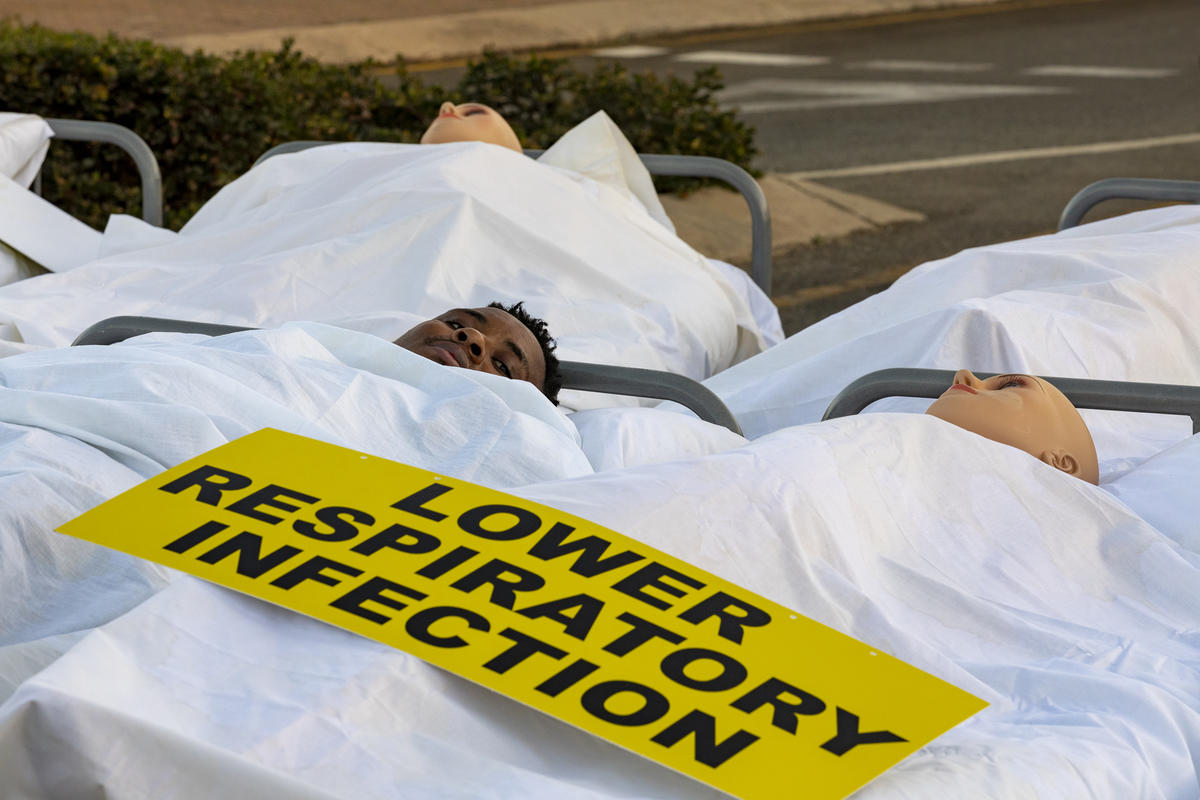
More than 125 health experts, including virologists, epidemiologists, emergency room doctors, and specialists in public health and food packaging safety, have signed a statement on the safety of reusables during the Covid-19 pandemic. They emphasised that reusables can be safely used by employing basic hygiene.
As the COVID-19 pandemic unfolds so too is the excessive misuse of single-use plastics, adding more toxic pollution to our already over polluted life support systems. This further fuels the destruction of our ecosystem that threatens life on earth. Conservationists in Europe have already reported finding “more coronavirus masks than jellyfish”.
This novel “COVID waste” as its now been dubbed – including disposable plastic gloves, masks and bottles of hand sanitiser beneath the waves of the Mediterranean, hints at a new kind of pollution, as millions around the world turn to single-use plastics to combat the coronavirus cynically promoted by the plastics industry as the safest way to protect ourselves.
Added to this, the notion promoted by the plastics industry that disposable plastic products are inherently safer than reusables in the time of COVID-19, and we have the makings of an even worse situation caused by a combination of unfavourable circumstances. Plastic is now ubiquitous on earth – it has been found in the deepest parts of the ocean, in the tissues of microorganisms that sustain our food webs, the fish that we eat and now even in the air that we breathe.
In a scientific paper, published this month in the journal Science, researchers collected samples from pristine wilderness areas in the United States where there is no formal disposal of plastic waste. They found microplastic in 98 percent of the 339 samples they collected concluding that the plastic particles originated from populated areas and were transported long distances by the weather. The human risk of inhaling plastic particles is not well known, however the micro sizes are consistent with air pollution which the World Health Organization says is responsible for approximately 9 million premature deaths worldwide from indoor and outdoor air pollution that definitively causes cardiovascular disease, strokes and respiratory disease.
The producers of plastic (the fossil fuel industry) know full well the catastrophic environmental and human health impacts, but they never disclose this. Instead, they divert our attention with recycling which is what allows this sector to sustain their business-as-usual model and to keep the conversation focused on recycling. Instead of trying to find sustainable solutions and address bigger issues such as catastrophic climate change, the human health impacts of air pollution and chemical contamination – scientifically proven to be driven by the fossil fuel and plastics manufacturing industry – they choose to promote the use of their toxic products to drive their volumes and satisfy their appetite for profits.
In South Africa alone SASOL is responsible for emitting approximately 64 Million tonnes CO2e making it the single biggest Greenhouse Gas (GHG) emitter on the African continent, and more than the combined GHG emissions of the next 30 biggest emitters on the Johannesburg Stock Exchange that publicly disclose their carbon emissions. Additionally in the Vaal and Highveld priority airsheds the air that we breathe is more often than not out of compliance with our air quality standards. Air pollution alone is estimated to be responsible for up to 20 000 excess deaths a year in South Africa.
Granted during the pandemic it is understandable that some single-use PPE is necessary to stop the spread of COVID-19 and the important role masks and gloves play in that. But they should be prioritised for healthcare workers/essential workers, used as the medical experts advise and disposed of safely in the best interest of the environment and communities. Most people can utilise reusable masks or gloves that can be washed, and that don’t contribute to our growing plastic waste stream.
The makers of plastic constantly will tell us that we have a global plastic problem because of our day to day human behaviors and that plastic is inherently safe and not the problem and that we should use their products responsibly. However the plastics industry and their PR machine are working around the clock to keep their dirty little secret, especially in light of COVID-19.
The reason we have plastic waste everywhere is that by 2017, 9.2 billion tons of plastic have already been produced worldwide and less than 10% have ever been recycled. Add to this the fact that the plastics industry wants to increase their global production by another 30 percent as the demand for fossil fuels globally wanes and you can just imagine the scale of the plastics crisis we face.
Countries in less developed regions of the world with limited capacity struggle to deal with the glut of single-use plastics packaging promoted by manufacturers of goods which are designed to be thrown away. Unless countries can put in place decisive models based on a closed-loop economy geared towards avoidance through clear and binding legal requirements on durability, reuse, reparability and recyclability for all product categories – this is the only way to reduce the ecological, health and climate impact of the plastic flood on land, at sea and in the air to the necessary extent.
This week, over 125 health experts from 18 countries signed onto a statement addressing the safety of reusables during the COVID-19 global pandemic. These experts, including virologists, epidemiologists, emergency room doctors, and specialists in public health and food packaging safety, emphasised that reusable systems can be utilized safely by employing basic hygiene and creating contact-free options for customers’ personal bags and cups.
Disposable products are not inherently safer than reusables. Recent studies have shown the virus can remain active on plastics from two to six days, and that household disinfectants have been proven effective at disinfecting hard surfaces, such as reusables. The best practices urged by health experts include complying with food safety/health codes for sanitising, using additional hygienic practices during the pandemic, utilising contact-free systems, and ensuring that workers are adequately protected.
The COVID-19 pandemic provides us with the opportunity to rethink the way we do everything; from the way our economies work, how we interact with each other and what we should prioritise post pandemic. Most people will agree our health and wellbeing is paramount. Before global lockdowns we had been told that there was no alternative to the way we did everyday things (eg. flying around the planet) however since the pandemic it has been shown globally that people when called upon to do things differently like stay at home for the common good are willing to do so.
The changes we are required to make to protect the biosphere from catastrophic climate change and continued plastics pollution are far smaller than the changes and sacrifices we were required to make during lockdowns. We can easily repurpose our economies and production systems – in much the same way that governments forced factories to repurpose from producing for the market to production for the national war effort during the second world war. It is up to companies and governments to continue developing reusable systems that protect workers and customers and our environment.
It has become clear, even during these trying times of a global pandemic that the plastic industry has little if any interest on where their products end up and the impacts they have on both people and the environment. Positioning single use plastics as some kind of positive intervention to a world problem is not only opportunistic but also irresponsible.
The COVID-19 pandemic should not be an excuse to move back toward a disposable lifestyle that jeopardizes communities, our health, and our environment. Choosing to act on bad advice from the plastic industry rather than the best available science will not keep people safe and will make our climate and plastic pollution crises even worse.
Rico Euripidou is groundWork’s Environmental Health Campaign Manager. He has a Master’s degree in Environmental Epidemiology from the London School of Hygiene and Tropical Medicine and a Master’s degree in Contaminated Land Managed from Nottingham University in England
Originally published by Daily Maverick




